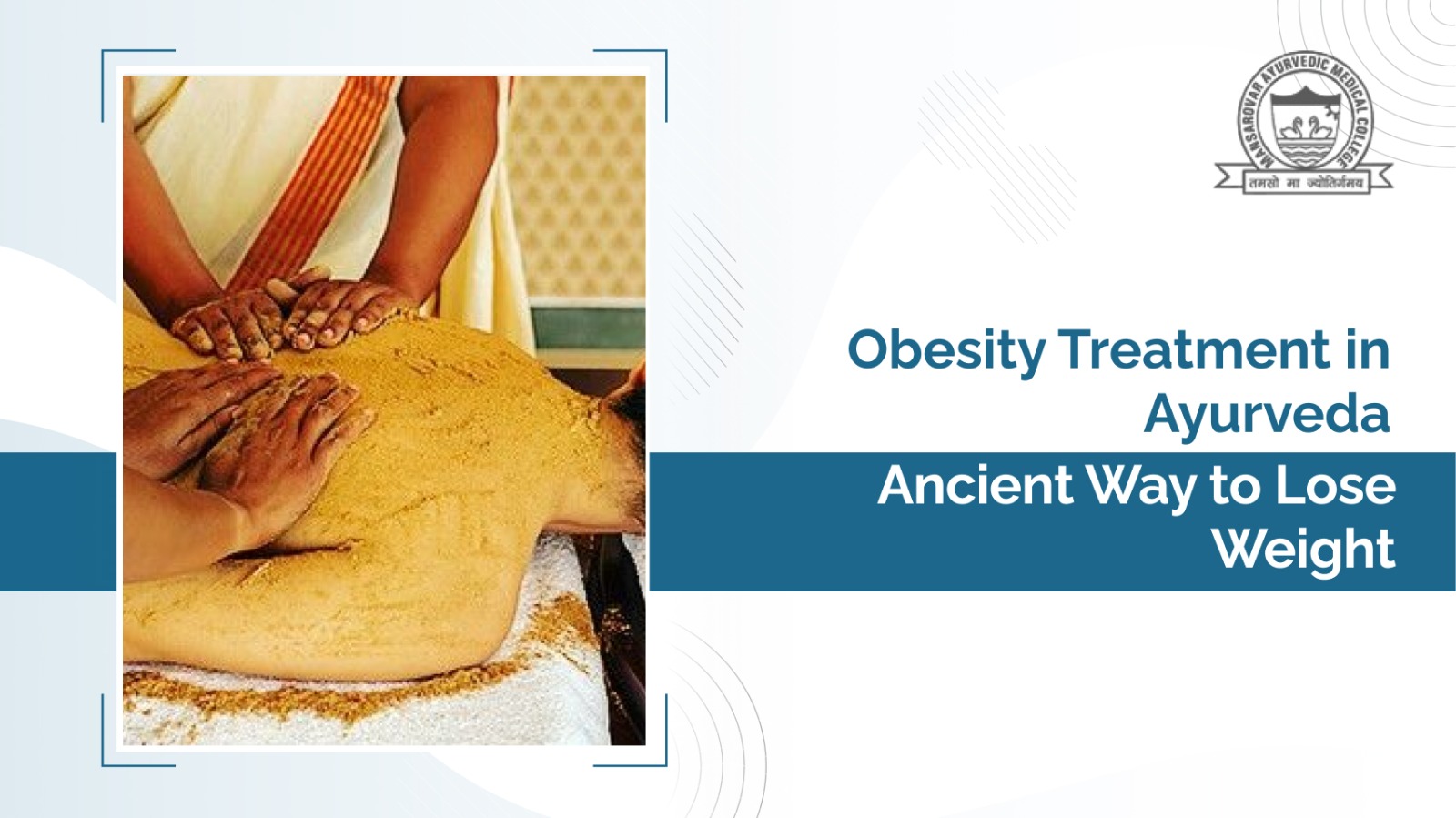
Ayurveda, the 5000 years old science of healing has not gone out of fashion in the present-day fast-moving world. One among the many therapies is Panchakarma that offers total cleansing and rejuvenation of the body. It gives inner healing to the mind and body.
In 2023, the AYUSH Ministry was reported to have found out that over 45 percent of urban Indians have already opted to use Ayurveda as one of their preferable treatment forms to manage chronic diseases. With rising stress levels, pollution, and unhealthy lifestyle patterns, individuals are turning to Panchakarma treatment benefits for sustainable wellness.
This blog will discuss the mechanism, varieties, and benefits of Panchakarma therapy. It also discusses how Mansarovar Ayurvedic Medical College helps learn Panchakarma treatment in Bhopal.
The term Panchakarma is a Sanskrit term that translates as five actions or five treatments. It is a detoxifying Ayurvedic herbal procedure used to clean out toxins (Ama) from the body. It aims to restore balance between the three Doshas – Vata, Pitta, and Kapha.
Major goals of Panchakarma therapy are:
Unlike other treatments, Panchakarma doesn't suppress symptoms but eliminates root causes in a holistic way. That’s why Panchakarma treatment benefits are long-lasting and impactful.
There are three main stages in the Panchakarma process. Each stage is tailored to a person’s body constitution (Prakriti) and current health state:
The physician determines which of the five therapies to apply based on the doshic imbalance.
A recent survey by the All India Institute of Ayurveda revealed 63% of patients experienced improvement in digestion and stress after Panchakarma treatment—proving its wide applicability in both prevention and cure.
Panchakarma isn't limited to the sick—it also benefits healthy individuals seeking overall wellness. Consultation with an Ayurvedic doctor is recommended before starting therapy.
For those looking to pursue a career in Ayurvedic healing, Mansarovar Ayurvedic Medical College is one of the top BAMS colleges in Bhopal.
The curriculum includes in-depth Panchakarma theory with real-life clinical exposure, helping students learn and deliver genuine treatment results.
In today’s toxin-filled, high-stress world, Panchakarma is a powerful solution for holistic health. It naturally detoxifies the body, balances the mind, and revitalizes your whole being. Whether you seek healing or want to enhance your health, the Panchakarma treatment benefits are hard to ignore.
To become a certified Ayurvedic healer, Mansarovar Ayurvedic Medical College offers the ideal education in Panchakarma and more. Begin your journey into healing today and empower others toward a natural, balanced life.
Panchakarma is very effective in eliminating toxins, balancing doshas, and managing chronic health issues without side effects.
They are Vamana, Virechana, Basti, Nasya, and Raktamokshana – each focused on cleansing different body systems.
It is not recommended for pregnant women, very elderly individuals, children, and those with acute or serious medical conditions.
Typically suitable between the ages of 16 to 70, depending on the person's health and doctor's recommendation.

Experience Authentic Healing at a Renowned Ayurvedic Hospital in Bhopal

Experience Healing at the Best Ayurvedic Hospital in India

Experience Expert Shalya Tantra Care at Best Ayurvedic Hospital in India

Healing Naturally at the Best Ayurvedic Hospital in Bhopal

Obesity Treatment in Ayurveda: A Natural & Holistic Approach to Weight Loss

Vata Dosha in Ayurveda - Meaning, Causes, Diet Plan & Treatment

Complete Guide to Panchakarma Treatment: Ayurveda’s Deep Cleansing Therapy

Basti Panchkarma Therapy – Ayurvedic Basti Treatment Benefits

Top Nasya Treatment Benefits You Should Know

Explore the Panchakarma Treatment Benefits

BAMS Colleges in Madhya Pradesh – Choose Excellence in Ayurveda

Best Ayurvedic College in India – Why Choose MAMC Bhopal

Best Private Ayurvedic College in Bhopal: Top Colleges for Ayurvedic Studies in Bhopal, Madhya Pradesh

Best BAMS Colleges in Madhya Pradesh

Can Ayurveda Support Women's Health at Every Stage of Life?

How BAMS Courses Prepare Students for a Dynamic Career in Ayurveda

How Ayurveda Aligns Mind, Body, and Spirit for Optimal Health

Is Ayurvedic College Right for You? Exploring Your Options

Is Choosing a Private College for Obtaining a BAMS Beneficial?

10 Benefits of Having an Ayurveda Degree